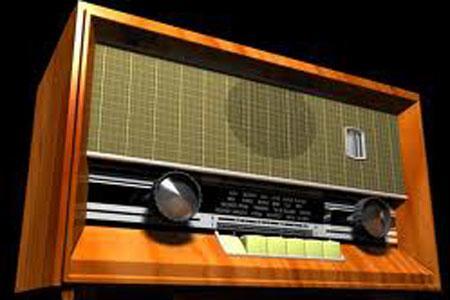
In the past the government of Zimbabwe has displayed a reluctant approach at best or a negative attitude at worst when it comes to dealing with the community radio sub sector in Zimbabwe.
Sunday Opinion by Kudzai Kwangwari
Often times they cite concerns regarding national security and issues to do with “illegal regime change” tools of the West and “our detractors” as it were.
While their concerns may be legitimate and reasonable because radio, like any other tool can be abused, we believe that there is need to trust and believe in all Zimbabweans as responsible citizens.
To begin with, we are all proud to be Zimbabweans and none of us can claim therefore to be a more legitimate Zimbabwean than others or to have better entitlements than others. The ideal situation will be one where we treat each other as equals with equal stake in this country.
Having said this, efforts being made to support and develop the community radio sub-sector by various stakeholders, among ZACRAS and MISA Zim, should be regarded positively as community radios remain a critical component of a functioning and flourishing country.
There is no need for the government to be always suspicious of its citizens. In fact the government should embrace community radio as a partner in development and not as an enemy trying to “reverse the gains of independence”.
While it is important to have a three tier broadcasting system in Zimbabwe as a media democratic principle, community radio becomes very important in serving ordinary citizens better than the other two [commercial and public radio].
- Why newly-licensed radio stations face bleak future
- Why newly-licensed radio stations face bleak future
- Why newly-licensed radio stations face bleak future
Keep Reading
The public radio is often concerned with the protection or gaining of political power while the commercial one is concerned with profit generation. This leaves communities with no platforms to address issues that affect their lives.
So, community radio is coming in to fill in a gap left by the other two types of radio.
The current situation where the government is trying to find ways of taking policy including the ZimAsset to communities would be a lot easier if community radios were operational and supported by government.
I was recently in Binga where I participated in a community meeting organised by the Binga community where the majority of participants expressed ignorance on both the ZimAsset policy and the new constitution.
So, how can we expect citizens to take an active role in the implementation of this policy if they don’t even the know what it is about? Citizens from grassroots must be able to locate themselves in any policy blueprint so that they identify with it and get involved.
There is no policy that can be successfully implemented by government of the day without the active participation of citizens.
And for this to happen citizens require critical useful information presented in their own language using their own local platforms. Community radios fit very much in this gap.
In some countries, the government actually supports and funds community radios because they appreciate their contribution to development. Perhaps we must follow that route to avoid the usual fears cited by government of foreign funding where foreigners then influence how we run our country.
The government should not continue to behave as if we are still in an election mode.
While election process is a cycle, there must be time for whoever is successful at some stage to then get busy with implementation where concern is not just power, but also development of communities.
Government must cease to treat everybody with suspicion, and in fact it must embrace everyone including their political competitors in developing the country because even in the opposition there are talented Zimbabweans who can make meaningful contribution to the development of this country.
These people need accommodation and democratic space to express themselves.
We urge government to embrace community radio as a strategic partner in development and community radio practitioners to view themselves as development practitioners instead of mere political activists aligned to certain political parties.
Prof. Eldred Masunungure normally talks of a disease now known as “embeddedness” where media and civil society fail to detach from partisan political players and to remain informed and standing by issues. This is even more important for media-based civil society organisations, but especially community radios themselves.
If the government has lived with radio stations such as Studio 7, whom they have no control over, other than just complaining, why not licence local based community radio stations whom you can regulate so that there will be no space for the so-called pirate radio stations?
Kudzai Kwangwari is a community media activist and development practitioner. He can be contacted on email: [email protected]. Cell: 0775 093 384











